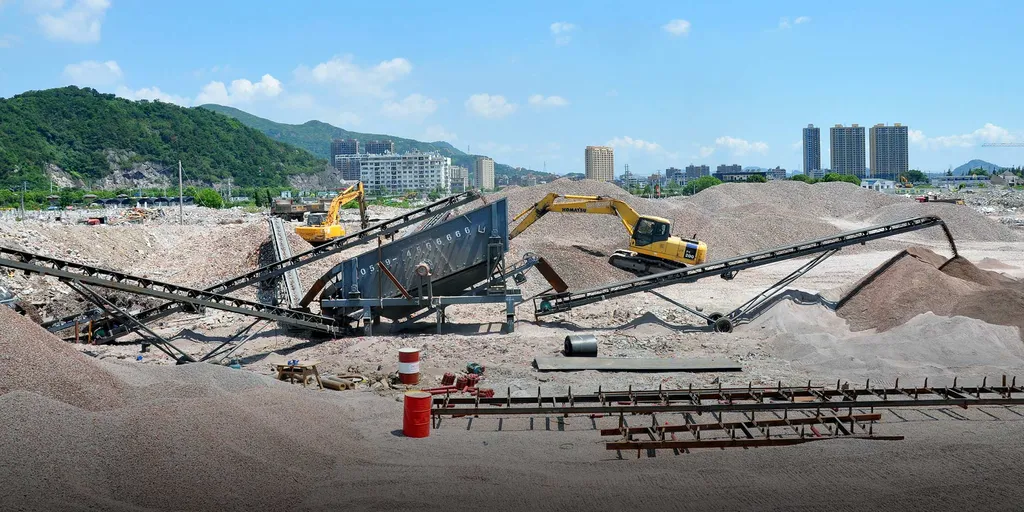In the heart of China’s rapid urbanization lies a pressing challenge: construction and demolition waste (CDW) is piling up, threatening sustainable development. Nowhere is this more evident than in the Guangdong–Hong Kong–Macao Greater Bay Area (GBA), a densely populated region where cities vary widely in their ability to manage this waste. A recent study, led by Run Chen from the College of Civil and Transportation Engineering at Shenzhen University, sheds light on the key factors influencing CDW management performance, offering insights that could reshape waste management strategies in similar regions worldwide.
The study, published in the journal *Buildings* (translated from Chinese as “建筑物”), identified three distinct clusters of cities within the GBA based on their CDW recycling, reuse, and landfill rates. This classification revealed substantial disparities in waste management performance, highlighting the need for localized solutions. “We found that institutional support and recycling capacity are the key determinants shaping CDWM performance,” Chen explained. This means that cities with strong policies and infrastructure for recycling are better equipped to handle the mounting waste from construction and demolition activities.
One of the most compelling findings of the study is the role of governance capacity as a mediator between city attributes and performance outcomes. In simpler terms, how well a city governs its waste management efforts can significantly impact its overall performance. This insight is crucial for policymakers and urban planners looking to improve waste management in rapidly urbanizing contexts.
The study also examined effective strategies and institutional measures adopted by successful GBA cities. These insights offer a roadmap for other cities grappling with similar challenges. “By understanding the key determinants of CDWM performance, we can develop more targeted and effective strategies,” Chen added. This research not only highlights the importance of institutional and capacity-related factors but also provides a foundation for future developments in CDW governance.
For the energy sector, the implications are significant. Effective CDW management can lead to the recovery of valuable materials, reducing the need for virgin resources and lowering energy consumption in the production of new materials. This, in turn, can contribute to a more circular economy, where waste is minimized, and resources are used more efficiently.
As cities around the world continue to grow and develop, the lessons learned from the GBA can serve as a valuable guide. By focusing on institutional support and recycling capacity, cities can improve their CDW management performance, contributing to more sustainable and resilient urban environments. The study by Chen and his team is a step forward in this direction, offering empirical insights that can shape future developments in the field.

